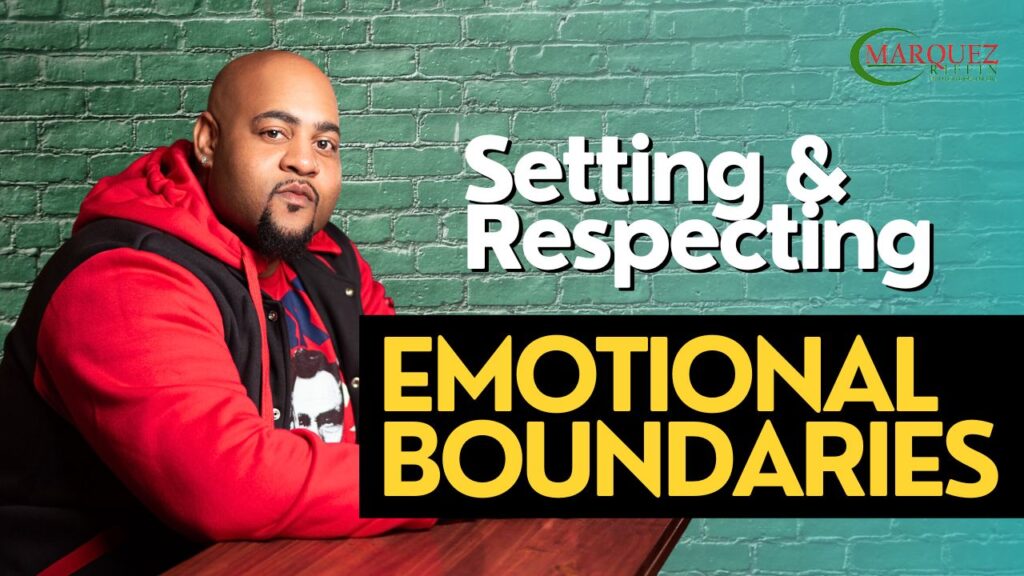
Emotional boundaries are the invisible lines that define the limits of our emotional engagement with others. Just as physical boundaries protect our personal space and privacy, emotional boundaries safeguard our emotional well-being and mental health. Understanding, setting, and respecting these boundaries is crucial for maintaining healthy relationships and cultivating emotional empowerment.
Why Emotional Boundaries Matter
Emotional boundaries are the building blocks of healthy relationships. They serve several essential functions:
- Self-Preservation: Emotional boundaries protect us from emotional harm and prevent us from becoming emotionally overwhelmed or drained.
- Maintaining Individuality: They allow us to maintain our individuality within a relationship, ensuring that we don’t lose our sense of self.
- Respect: Setting and respecting emotional boundaries is a sign of respect for ourselves and others. It acknowledges that each person’s feelings and needs are valid.
- Effective Communication: Clear emotional boundaries facilitate open and honest communication, making it easier to express our needs and concerns.
Setting Emotional Boundaries
- Identify Your Feelings: Start by recognizing your emotions and what triggers them. Knowing how you feel is the first step in setting boundaries.
- Reflect on Your Values: Consider your core values and what you are comfortable with in relationships. This reflection will help you establish what your boundaries should be.
- Communicate Clearly: When you’re ready to set a boundary, communicate it clearly and assertively. Use “I” statements to express your feelings and needs without blaming or criticizing others.
- Be Firm but Flexible: It’s essential to be firm in upholding your boundaries, but also be open to occasional adjustments when necessary. Healthy relationships require compromise.
Respecting Emotional Boundaries
Setting boundaries is only half the equation; respecting the boundaries of others is equally important:
- Listen Actively: Pay attention to what others are saying and respect their feelings and needs. This demonstrates empathy and shows that you value their emotional boundaries.
- Ask for Clarification: If you’re unsure about someone’s boundaries, ask for clarification. It’s better to seek understanding than to make assumptions.
- Apologize and Make Amends: If you inadvertently cross someone’s emotional boundaries, apologize sincerely and take steps to make amends. This shows your commitment to respecting their feelings.
- Practice Self-Awareness: Regularly assess your own behavior and ensure you are not violating the emotional boundaries of others unintentionally.
The Benefits of Emotional Empowerment
Emotionally empowered individuals have healthier, more fulfilling relationships. They are better equipped to:
- Cope with Stress: Setting and respecting boundaries reduces emotional stress and prevents burnout.
- Build Trust: Trust is the foundation of strong relationships, and respecting boundaries is key to building and maintaining trust.
- Enhance Self-Esteem: Setting boundaries reinforces a sense of self-worth and self-respect.
- Foster Authentic Connections: Healthy emotional boundaries allow for genuine, authentic connections with others.
In conclusion, emotional empowerment begins with setting and respecting personal boundaries. These boundaries are essential for preserving your emotional well-being and nurturing healthy relationships. By understanding and embracing the concept of emotional boundaries, you can navigate the complexities of human interaction with confidence and grace.

